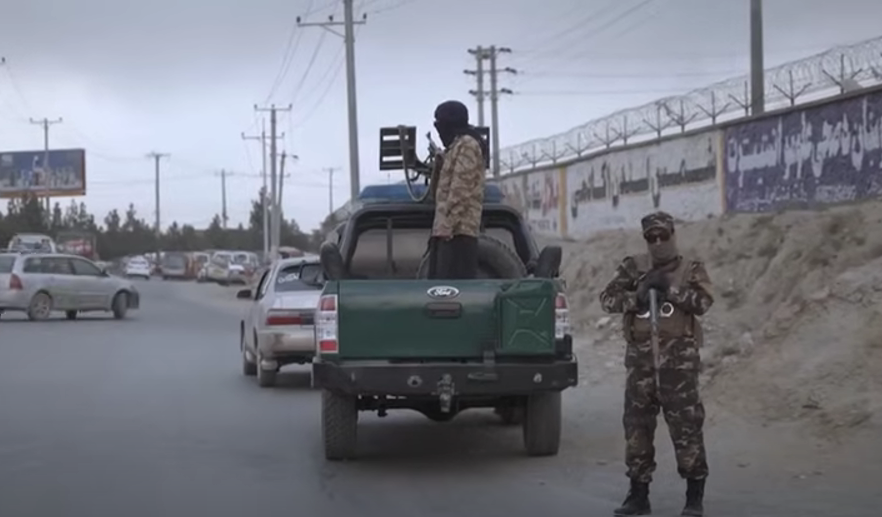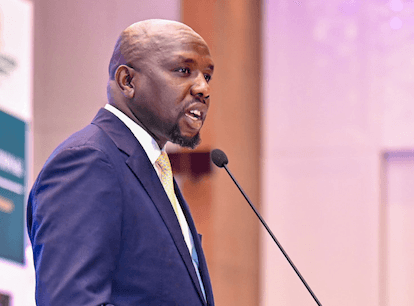 Taliban soldiers at a roadblock in Kabul, Afghanistan /FILE
Taliban soldiers at a roadblock in Kabul, Afghanistan /FILEThe International Criminal Court has issued arrest warrants for Taliban Supreme Leader Haibatullah Akhundzada and Chief Justice Abdul Hakim Haqqani, citing crimes against humanity committed in Afghanistan since the group's return to power in 2021.
In a statement on Tuesday, the Court’s Pre-Trial Chamber II said it had found reasonable grounds to believe that the two men were responsible for persecution on gender and political grounds.
The charges stem from widespread and systematic abuses targeting women, girls, and individuals not conforming to the Taliban’s strict interpretation of gender roles.
The Chamber noted that the Taliban, under Akhundzada and Haqqani’s de facto rule, had imposed a policy that led to “severe violations of fundamental rights and freedoms” of Afghan civilians.
The abuses reportedly occurred from August 15, 2021 – when the Taliban seized power – through to at least January 20, 2025.
According to the Court, women and girls were subjected to institutionalised discrimination through decrees and edicts that denied them education, freedom of movement, expression, and other basic rights.
"Girls and women were severely deprived of the rights to education, privacy and family life, and the freedoms of movement, expression, thought, conscience and religion," the statement read.
The Chamber also highlighted the persecution of individuals based on gender identity or perceived support for women's rights.
Those labelled as “allies of girls and women” were allegedly viewed as political opponents and targeted accordingly.
The charges fall under Article 7(1)(h) of the Rome Statute, which covers persecution as a crime against humanity.
The Chamber stressed that gender-based persecution includes not just violence but “systemic and institutionalised forms of harm” embedded in discriminatory societal norms.
"The protection of victims – especially women and girls disproportionately affected by gender-based persecution – is central to this provision," it stated.
Although the warrants remain under seal to protect witnesses and victims, the Chamber authorised the public disclosure of their existence.
It said doing so could help prevent further crimes and was “in the interests of justice.”
The situation in Afghanistan has been under preliminary examination by the ICC for years.
This marks one of the most significant moves by the court against the current Taliban leadership.



















